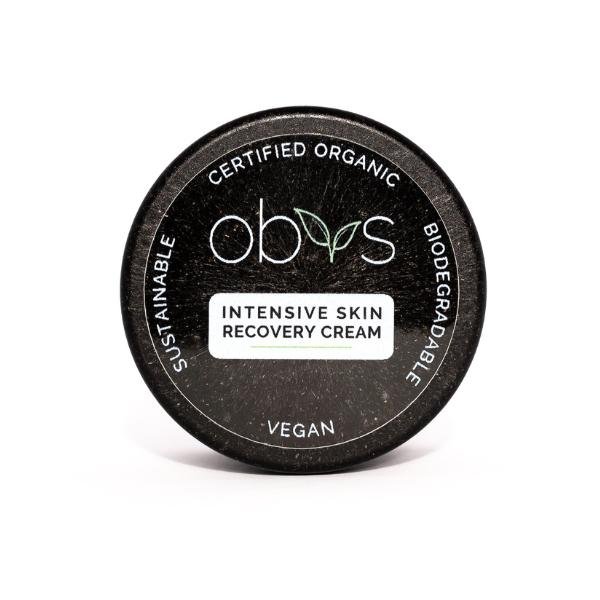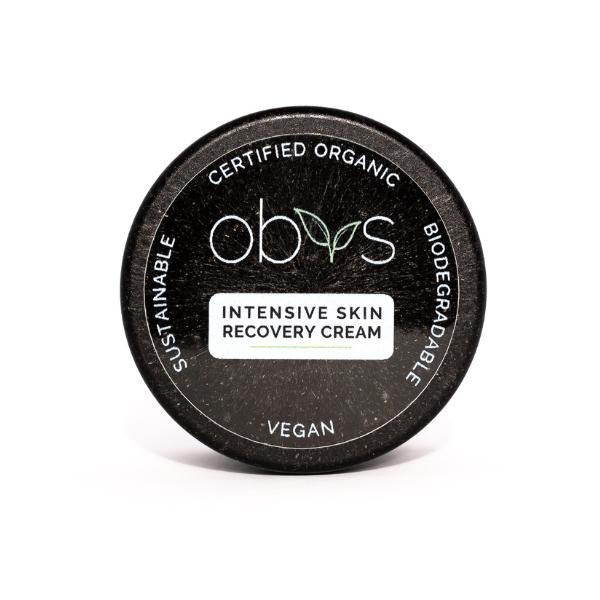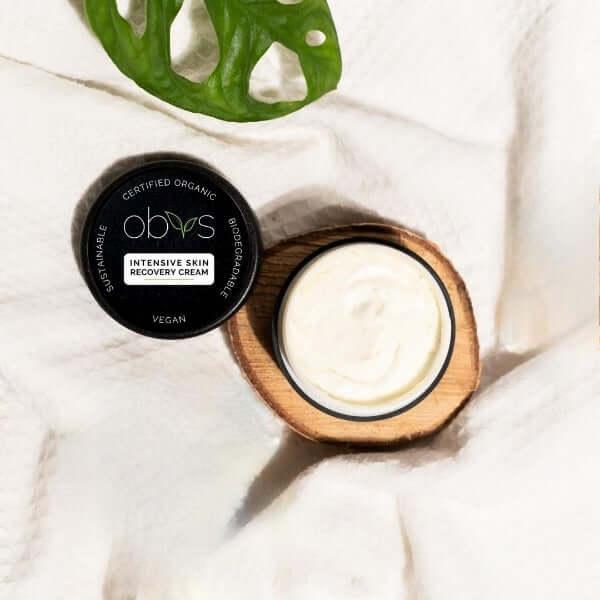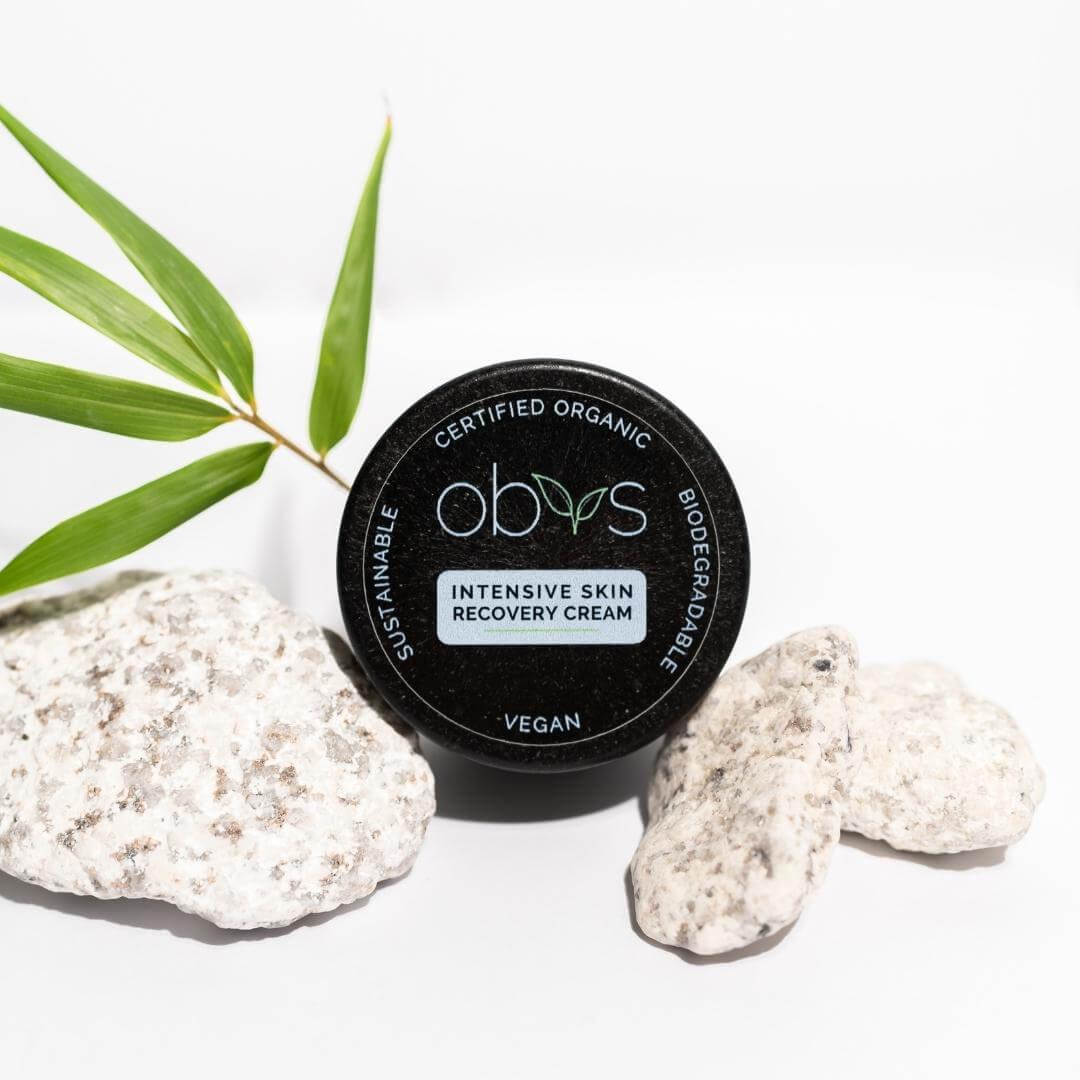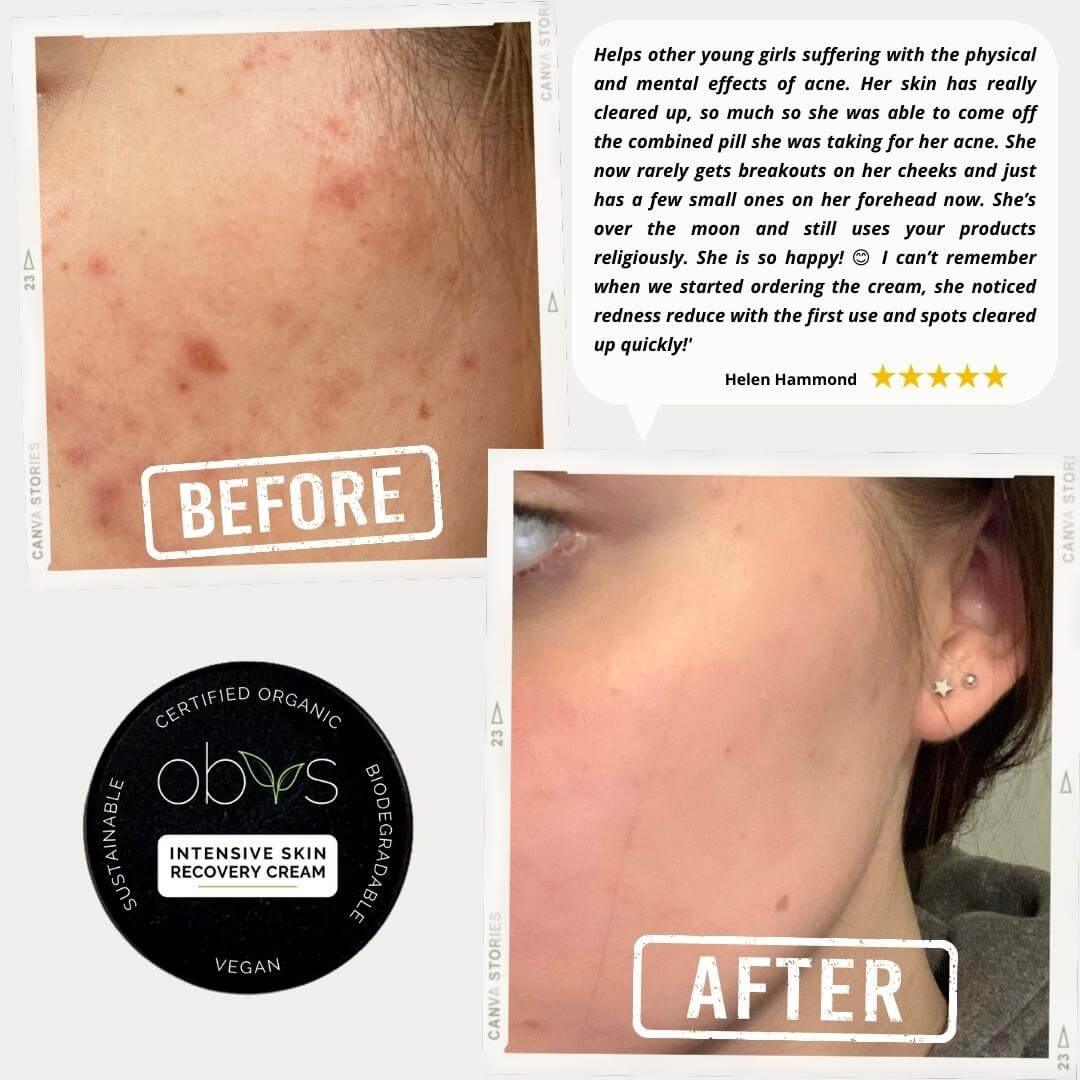
Why Non-Organic Skincare is So Cheap
Share
In today's beauty market, skincare has become an essential aspect of many people's daily routines. As consumers, we have an abundance of choices when it comes to skincare products, ranging from high-end organic options to budget-friendly non-organic alternatives. One perplexing question that arises is why non-organic skincare products are often priced significantly lower than their organic counterparts. In this blog, we will delve into the reasons behind the affordability of non-organic skincare and explore the potential consequences of choosing these products.
- Mass Production and Economies of Scale:
One of the primary reasons behind the lower cost of non-organic skincare products lies in mass production and economies of scale. Large cosmetic companies typically produce these products in massive quantities, allowing them to benefit from cost-saving measures. Bulk purchasing of ingredients streamlined manufacturing processes, and efficient packaging methods all contribute to reducing production costs. As a result, the savings can be passed on to consumers, making non-organic skincare more affordable.
- Synthetic Ingredients and Lower Raw Material Costs:
Organic skincare products often contain natural and organically sourced ingredients, which can be expensive due to limited supply and higher production costs. On the other hand, non-organic skincare products frequently use synthetic ingredients, which are generally cheaper to produce and more readily available in the market. The use of synthetic ingredients allows manufacturers to maintain lower raw material costs, directly influencing the final product's price.
- Reduced Certification and Compliance Costs:
For a product to be labelled as "organic," it must meet specific certification standards set by regulatory bodies such as the gold standard Soil Association COSMOS Organic. These certifications involve rigorous testing, documentation, and compliance with strict guidelines. The process of obtaining and maintaining organic certifications adds to the overall production cost of organic skincare products. In contrast, non-organic skincare products are not subject to the same level of scrutiny and certification requirements, reducing the associated costs and contributing to their lower price points.
- Lesser Quality Control and Testing:
Non-organic skincare products may undergo less rigorous quality control and testing compared to their organic counterparts. While reputable companies still adhere to safety regulations, some non-organic skincare manufacturers may cut corners to keep costs low. This approach can lead to potential quality issues and may compromise the long-term benefits and safety of using non-organic skincare products.
- Shorter Shelf Life and Preservatives:
Organic skincare products often have a shorter shelf life due to the absence of harsh chemical preservatives that extend product longevity. Non-organic skincare products, on the other hand, frequently contain synthetic preservatives, which not only extend shelf life but also allow for longer storage and distribution periods. This aspect contributes to reducing potential waste and ensures a longer product lifespan, further driving down costs.
While non-organic skincare products are undoubtedly more affordable, it's essential to consider the trade-offs associated with their lower price tags. Choosing non-organic skincare may expose your skin to potentially harmful synthetic ingredients and fewer natural benefits. It's crucial to strike a balance between budget and quality, understanding that investing in organic skincare can be a step towards prioritizing your skin's health and well-being. By being an informed consumer, you can make the best choices for your skincare routine, ensuring that your beauty regimen aligns with your values and desired results.

